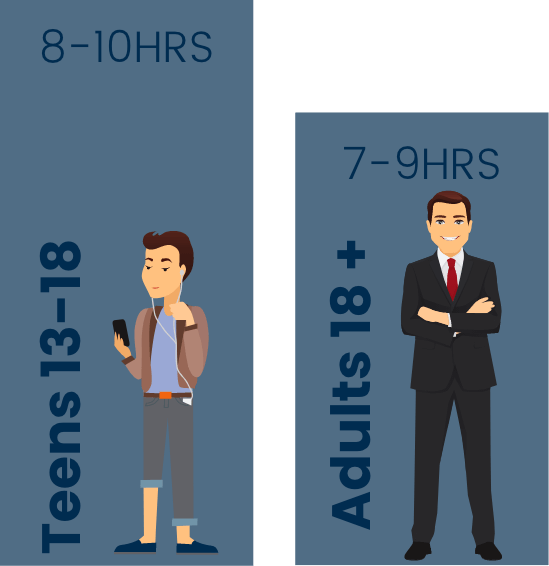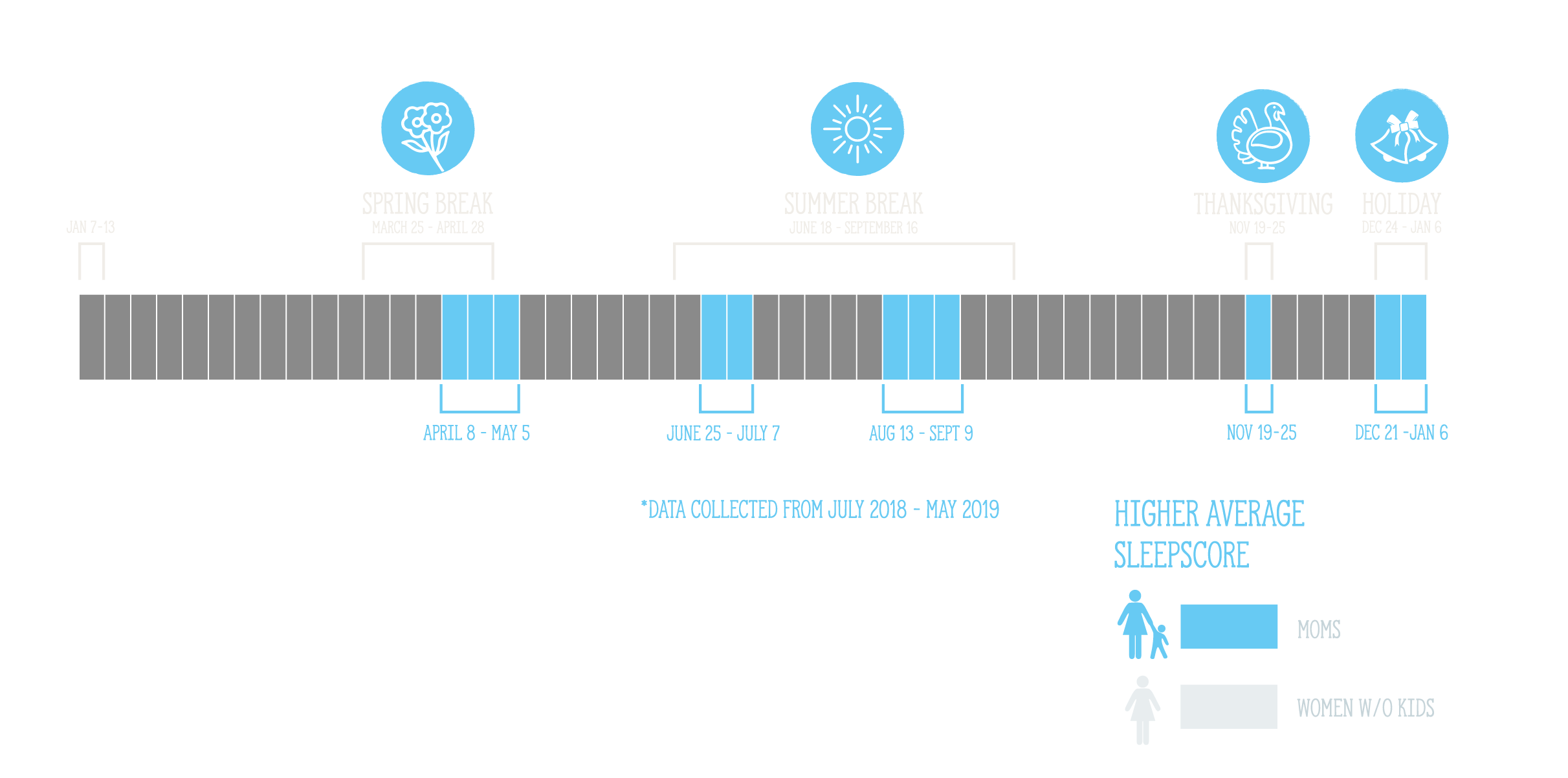Starting school later just makes
SleepSense

Dr. Roy Raymann
VP Sleep Science & Scientific Affairs

Dr. Nate Watson
Scientific Advisor
Hear from the Experts
Better sleep. Better students.
Kids, particularly teens, are among those least likely to get enough sleep. Why is that? As children get older, their internal circadian rhythms and biological sleep drive change, causing them to struggle to fall asleep before 11:00 PM.* When combined with early school start times, teens seldom get their required 8 to 10 hours of sleep each night, resulting in a negative effect on their ability to be alert, solve problems, cope with stress, and more.**
Research supports that delaying school start times, even by just half an hour, can lead to improved school attendance, fewer tardy days, better grades, and improved alertness. ***
SleepScore Labs supports the delay of school start times, for the benefit of student’s safety and well-being.

Hear from the Experts
Better sleep. Better students.
Kids, particularly teens, are among those least likely to get enough sleep. Why is that? As children get older, their internal circadian rhythms and biological sleep drive change, causing them to struggle to fall asleep before 11:00 PM.* When combined with early school start times, teens seldom get their required 8 to 10 hours of sleep each night, resulting in a negative effect on their ability to be alert, solve problems, cope with stress, and more.**
Research supports that delaying school start times, even by just half an hour, can lead to improved school attendance, fewer tardy days, better grades, and improved alertness. ***
SleepScore Labs supports the delay of school start times, for the benefit of student’s safety and well-being.
Sleep and the teen mind
Getting more sleep can provide wide-ranging positives for teenagers, from improving memory to motivation and their mood.

How much sleep do you need?
How much sleep
do you need?
do you need?
Could school schedules impact how moms sleep?
According to SleepScore data, mothers have lower SleepScores on average than women without children. However, in some of the weeks, moms do get higher average SleepScores than women without children. These timeframes often land on school breaks like summer and holidays.
Based on 36,680 nights of data.

Sources:
*Delaying Middle School and High School Start Times Promotes Student Health and Performance: An American Academy of Sleep Medicine Position Statement. (Nathaniel F. Watson, MD et al., 2017)
**Backgrounder: Later School Start Times, Wolfson & Carskadon (National Sleep Foundation)
***School Start Times, Sleep, Behavioral, Health, and Academic Outcomes: A Review of the Literature (Wheaton et al., 2016)